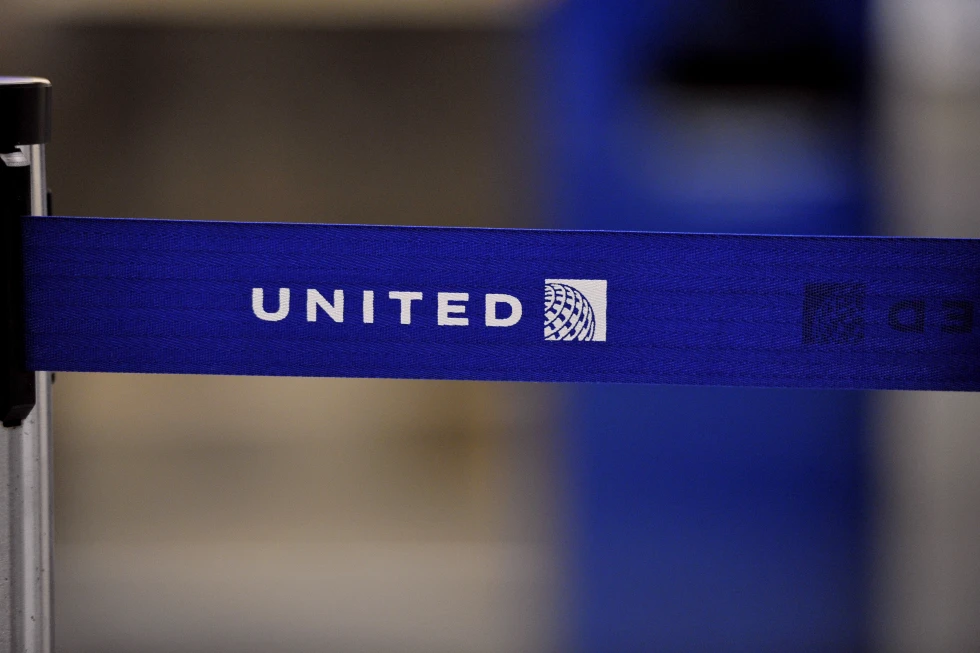Palo Alto Networks reported strong fiscal first-quarter results for 2025, exceeding Wall Street estimates on both earnings and revenue.
Despite the solid performance, its stock dropped in after-hours trading, as the company’s updated outlook failed to meet the high expectations set by investors.
For the quarter ending October 31, Palo Alto Networks (PANW) posted a 14% year-over-year revenue increase, reaching $2.14 billion, surpassing the consensus estimate of $2.12 billion. Adjusted earnings per share (EPS) also rose 13%, coming in at $1.56, ahead of the anticipated $1.48 per share. Annual recurring revenue (ARR) from its next-gen security services surged by 40%, reaching $4.52 billion, exceeding estimates. Despite these positive results, Palo Alto’s stock saw a 4.8% decline in after-hours trading, as its guidance for the upcoming fiscal year came in just in line with analysts’ expectations, which left some investors wanting more.
The company’s fiscal Q2 guidance projected revenue in the range of $2.22 billion to $2.25 billion, in line with the consensus estimate of $2.23 billion. Non-GAAP EPS for the quarter was expected to range from $1.54 to $1.56, also aligning with forecasts. While the full-year revenue guidance of $9.12 billion to $9.17 billion reflects a slight increase from prior forecasts, the market had hoped for a more substantial raise.
Despite the muted reaction in the stock price, Palo Alto Networks’ business is showing momentum, driven by the growing cybersecurity market and its platformization strategy. The company has been focusing on consolidating its offerings into a comprehensive cybersecurity platform, which has gained traction among customers. This shift toward a more integrated service model is expected to continue to drive growth, with Palo Alto targeting 2,500 to 3,500 platform deals by 2030. In the first quarter alone, the company secured 305 deals worth more than $1 million, with notable contracts exceeding $50 million.
Palo Alto also introduced a 2-for-1 stock split, which could generate short-term enthusiasm among shareholders, though stock splits typically do not create long-term value. Additionally, the company stopped providing billings guidance last quarter, instead focusing on the Remaining Performance Obligation (RPO) metric, which measures contracted revenue not yet recognized. The company reported a 21% year-over-year increase in RPO, reaching $12.6 billion, surpassing the estimates of $12.48 billion.
The company’s CEO, Nikesh Arora, has expressed confidence in the platformization strategy, noting that it is gaining market recognition and will be crucial for driving AI outcomes in cybersecurity. Palo Alto’s strong start to fiscal 2025 reflects its solid position in the growing cybersecurity sector, especially as businesses face increasing threats from sophisticated actors using artificial intelligence.
With input from CNBC, Investor’s Business Daily, and Market Watch.









